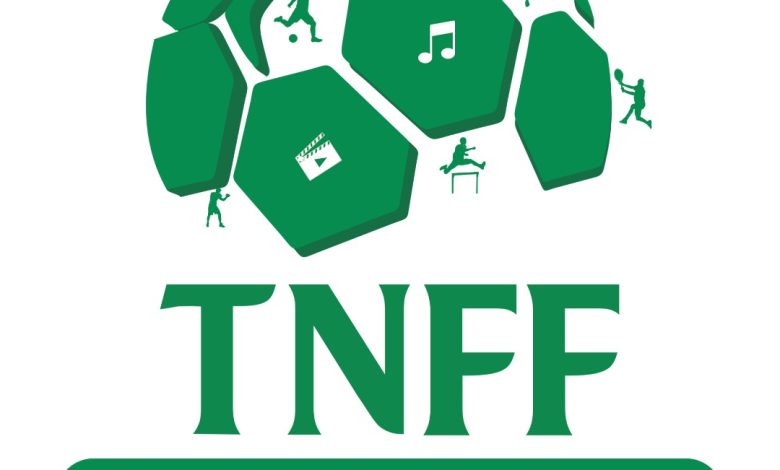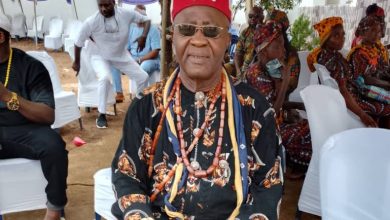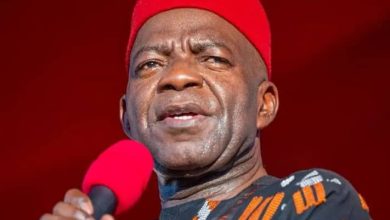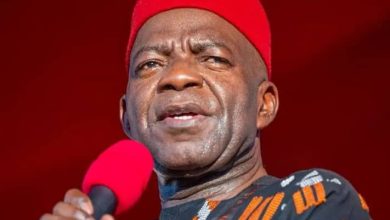The Global Economic Power of Football

By Andrew Ekejiuba
The global economic power of football (soccer) is truly immense, standing as one of the world’s most influential and profitable industries. The beautiful game generates billions of dollars annually through revenue, employment, and global commerce.
Recent estimates, according to a new report from consultancy firm Kearney, revealed that the global sports market, encompassing professional leagues, broadcasting rights, sponsorships, betting, and merchandising will be worth US$602 billion by 2030.
According to FIFA, “The global football market is witnessing a dynamic evolution, characterized by increasing participation rates and a growing emphasis on youth development programs, which collectively enhance the sport’s accessibility and popularity across diverse demographics.”
Major leagues such as the English Premier League (EPL) generate between $6–7 billion annually, while the UEFA Champions League brings in billions of dollars through TV rights and commercial deals. The FIFA World Cup 2022 alone generated more than $7.5 billion in revenue according to the world football governing body.
Beyond revenues, the football industry has demonstrated an exceptional capacity to create jobs directly, through players, coaches, referees, and administrators and indirectly across media, tourism, logistics, and security. Every major football club today drives local economies through matchday activities, merchandise sales, and hospitality services.
Television and digital broadcasting rights remain football’s biggest money spinners. The EPL’s broadcasting rights, for instance, are valued at over £10 billion per cycle, with networks such as SuperSport (Africa), Sky Sports (Europe), DAZN, Amazon, and ESPN paying premium sums for coverage.
Moreover, digital platforms like YouTube, TikTok, and Meta are revolutionizing the way football content is monetized, expanding access and engagement for millions of fans globally.
Football’s commercial appeal continues to attract massive sponsorship deals. Global brands such as Nike, Adidas, Coca-Cola, and Emirates invest billions in the sport annually.
For example, Real Madrid’s sponsorship deal with Emirates exceeds $70 million per year, while Manchester United’s record-breaking Adidas kit deal, valued at $900 million (2024–2035) — underscores the immense commercial potential of football branding.
Football’s influence extends well beyond the pitch. The sport drives massive investments in stadium construction, transportation upgrades, and urban development.
Mega-events such as the World Cup, AFCON, and UEFA attract millions of tourists, boosting host nations’ GDP through hospitality, retail, and tourism spending. For instance, Qatar 2022 contributed billions of dollars to its national GDP through infrastructure projects and global exposure.
In Nigeria, football continues to stimulate both national and local economies; creating opportunities in youth engagements (through academies and grassroots programs), media growth (sports journalism and broadcasting), and corporate investments (banks, telcos, and private sponsors of clubs and leagues).
The economic power of football is nearly unquantifiable. Football clubs today have evolved into major financial assets. Some football clubs are publicly traded or backed by institutional investors.
Examples include Manchester United, listed on the New York Stock Exchange (NYSE), and Juventus, listed on the Borsa Italiana (BIT).
Similarly, in Nigeria, The Nigeria Football Fund (TNFF), managed by GTI Group and regulated by the Securities and Exchange Commission (SEC), exemplifies how football can be harnessed as an investment vehicle to drive sports development, financial inclusion, and national growth.
Football is not just a game, it’s a global economic powerhouse shaping industries, nations, and generations.
In light of the above, it is evident that the private corporate organizations have a significant role to play in the development and sustenance of the Nigeria football ecosystem for mutual benefits.
Ekejiuba is the Head of Media and Communications, GTI Group





